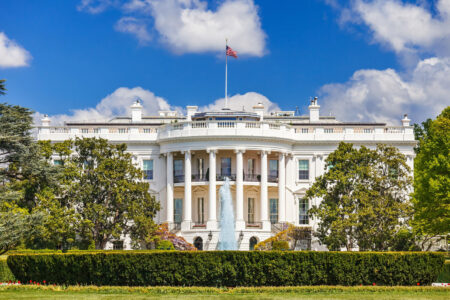Several major exchanges, including Nasdaq and Deutsche Börse, have jointly approached the US Securities and Exchange Commission (SEC) – with a clear demand: to prevent any special regulatory exemptions for crypto firms seeking to sell tokenized stocks to retail investors.
In a letter to the SEC, the World Federation of Exchanges argues that crypto companies trading tokenized equities must be subject to the same securities rules that apply to established exchanges and broker-dealers. The goal is to avoid regulatory carve-outs that could undermine market integrity and investor protection.
Equal rules for all market participants
The background of the statement is an ongoing debate over potential “innovation exemptions” that the SEC is reportedly reviewing, according to Reuters. These exemptions would enable crypto providers to offer tokens linked to traditional equities – even if they are not registered as broker-dealers.
However, the World Federation of Exchanges (WFE), an alliance of global exchanges, warns that such exemptions could jeopardize market integrity and investor protection. In its letter to the SEC, the organization calls for crypto platforms to be held to the same regulatory standards as traditional financial institutions. As WFE representatives emphasize, tokenization is indeed a legitimate evolution of capital markets – but only if established safeguards and transparency standards are fully upheld.
Efficiency vs. regulation
According to the federation, the tokenized representation of equities on blockchain requires additional regulatory classifications, custody frameworks, and compliance processes. Traditional securities markets already operate with highly efficient clearing and settlement structures, along with standardized security procedures. Tokenized stocks must meet these requirements in full; otherwise, operational risk increases, regardless of the underlying technology.
This places the debate at a critical juncture: If the SEC opts for exemptions, it could pave the way for new crypto-financial products. If it preserves the current regulatory framework, tokenized stocks are likely to remain a niche phenomenon in the United States.
For crypto platforms, this means that if they want to offer tokenized stocks or other securities-like products, they will most likely have to comply with the same regulatory requirements as traditional brokerage firms – including registration, transparency obligations, and oversight.








